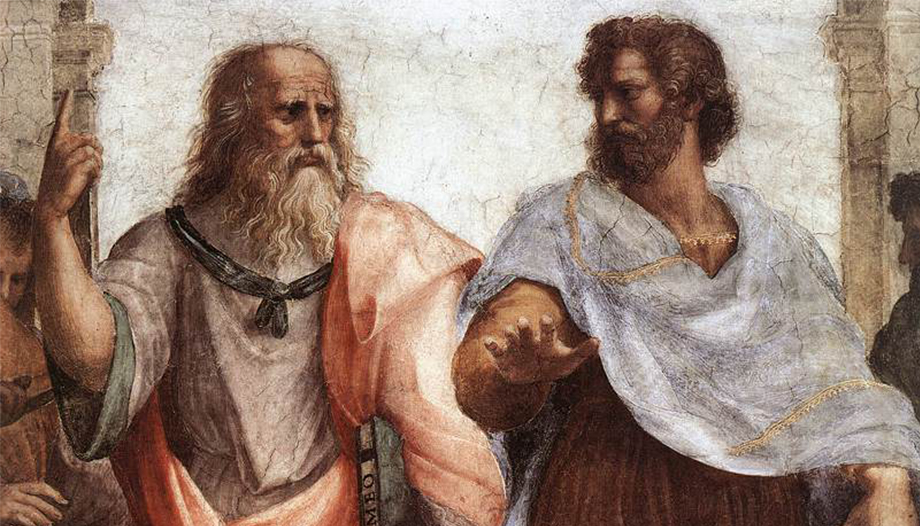When parents get used to letting their children do what they want, when children despise the advice of their parents, when teachers tremble before their disciples and prefer to flatter them, when young people despise the laws because they no longer recognize above them any authority of anything or anyone, then the beginning of tyranny is at the doorstep.
Plato. The Republic
One of the things that makes an author a classic is that his teachings cross the borders of the time in which he lived and reach us with the freshness of the permanent. That is the feeling I had when I reread this quote from Plato and thought about what education needs today in Spain, now that a new educational law is being implemented.
Because, contrary to what is sometimes heard, I do not believe that the main problem of education is a question of financing. Never has so much been invested in education as in our time. Improving education does not mean increasing teachers' salaries, lowering the ratios of students per classroom or having better technological resources. All this is welcome, but it is not enough. More than a problem of means, the question of education is a problem of ends. And, as Seneca said, there is no favorable wind for those who do not know to which port they are heading.
The feeling I have of our education system at the moment is precisely that it is a great ocean liner -you only have to look at the budget and the thousands of people involved-, but it is capsizing, drifting from one place to another, with no fixed course. We know that the ship has to keep sailing, the schools have to be open, the system cannot be stopped, but we do not know where to go.
The symptoms that Plato saw in his time, and which are repeated today, are signs of this aimless navigation. Permissive fathers and mothers, teachers who feel they are simply teachers but have no educational will, politicians who change the laws every time they rise to power to impose their own partisan project, teachers without authority and impelled to massively approve their students... Ah, if Plato could see us today...!
Our society is going through a time of confusion about how we should educate the new generations and it is not enough to patch things up.
Javier Segura
We truly have a crisis in education, or as Benedict XVI said, we are experiencing an educational emergency, closely linked to the historical changes we are living through. Pope Francis has also put on the international agenda the need to rethink and renew education with his call for a 'Global Education Pact'.
We in Spain are experiencing the disorientation Plato spoke of in an intense way. The new educational law and the way in which it has been imposed only aggravate this feeling. But beyond this political situation, our society is going through a moment of bewilderment as to how we should educate the new generations. That is precisely why we have to be aware that it is not enough to patch things up, to focus only on the means, but we have to point out the course that will lead us to the port of a renewal of education that, as Francis asks, puts the person at the center.
Teaching Delegate in the Diocese of Getafe since the 2010-2011 academic year, he has previously exercised this service in the Archbishopric of Pamplona and Tudela, for seven years (2003-2009). He currently combines this work with his dedication to youth ministry directing the Public Association of the Faithful 'Milicia de Santa Maria' and the educational association 'VEN Y VERÁS. EDUCATION', of which he is President.











